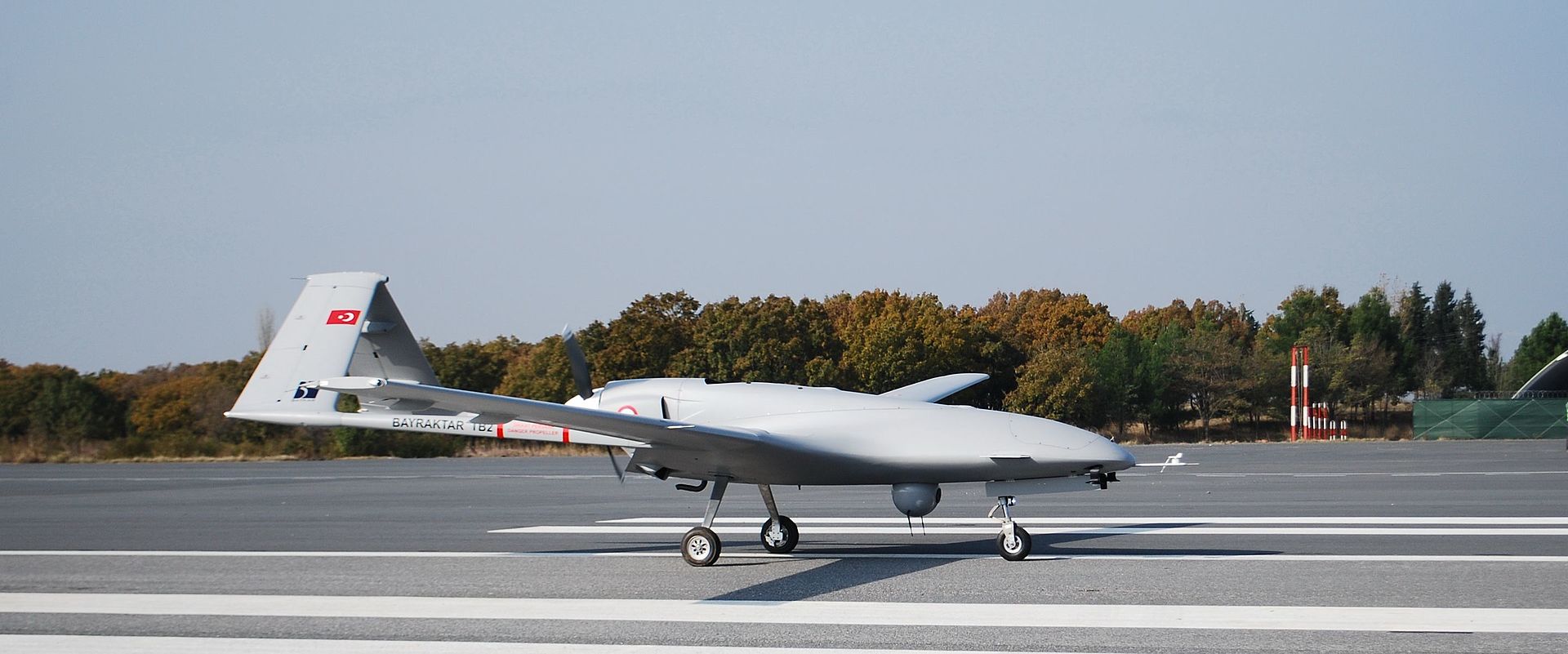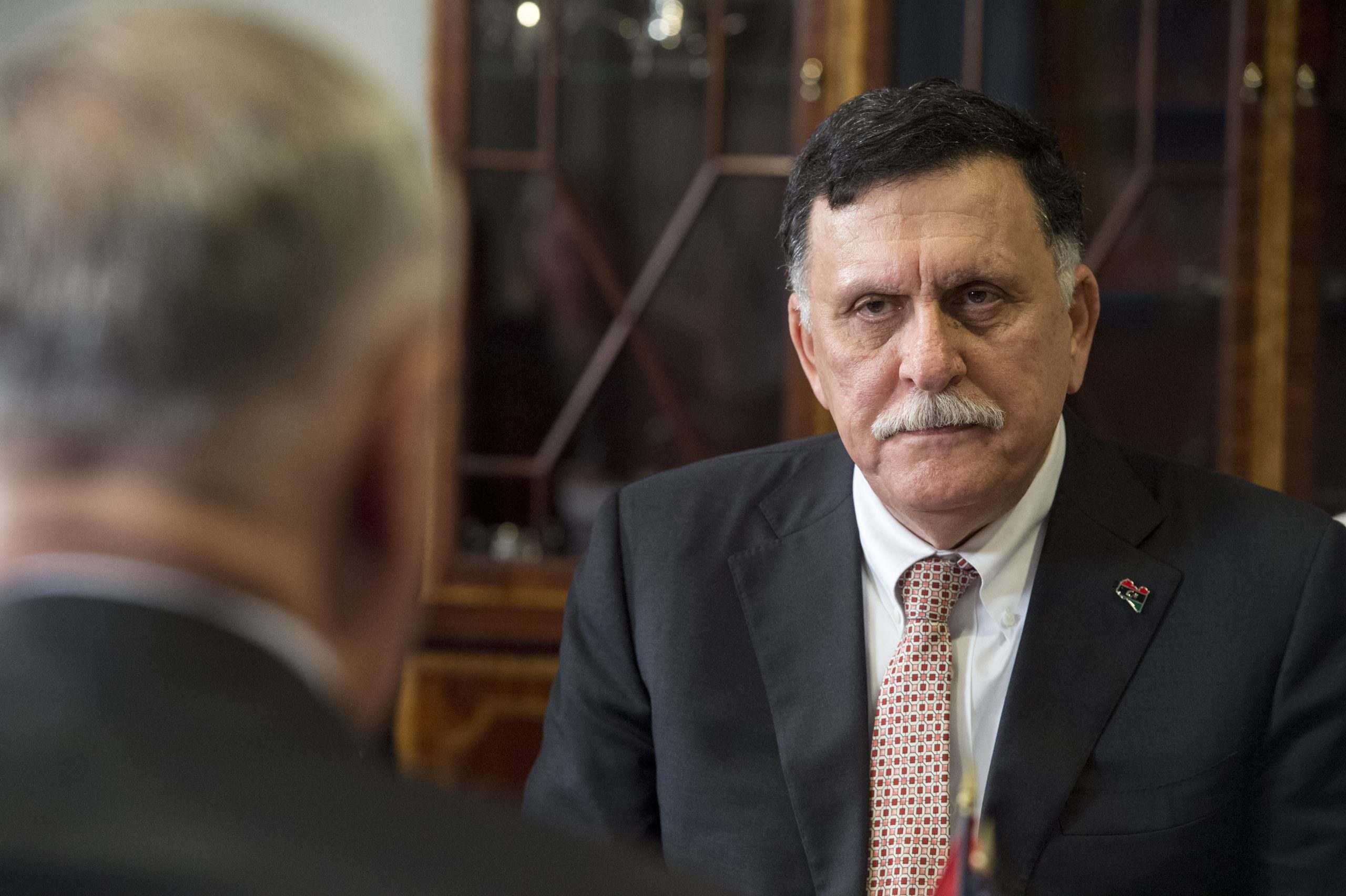In early 2021, the House of Representatives endorsed the interim Government of National Unity (GNU) to unite Libya’s warring factions. However, the planned December 2021 elections were postponed due to debates on constitutional and electoral issues. Parliament transitioned its allegiance from the GNU in Tripoli to the Government of National Stability in Sirte, which is located in the east. This created a further fragmented political scenario, compounded by a resurgence of country-wide violence.
Economically, Libya saw a recovery in oil revenues, potentially improving economic conditions. However, the country suffers from a weakly diversified economy and political instability. The unemployment rate remains high at 20.7% in 2022, and mismanagement of public revenues has led to approximately four million Libyans being exposed to water poverty.
The GNU worked to consolidate its position by unifying fragmented state institutions and engaging with stakeholders in the eastern region. However, it is not possible for the state to establish long-term plans as long as there is no end to the political deadlock.

